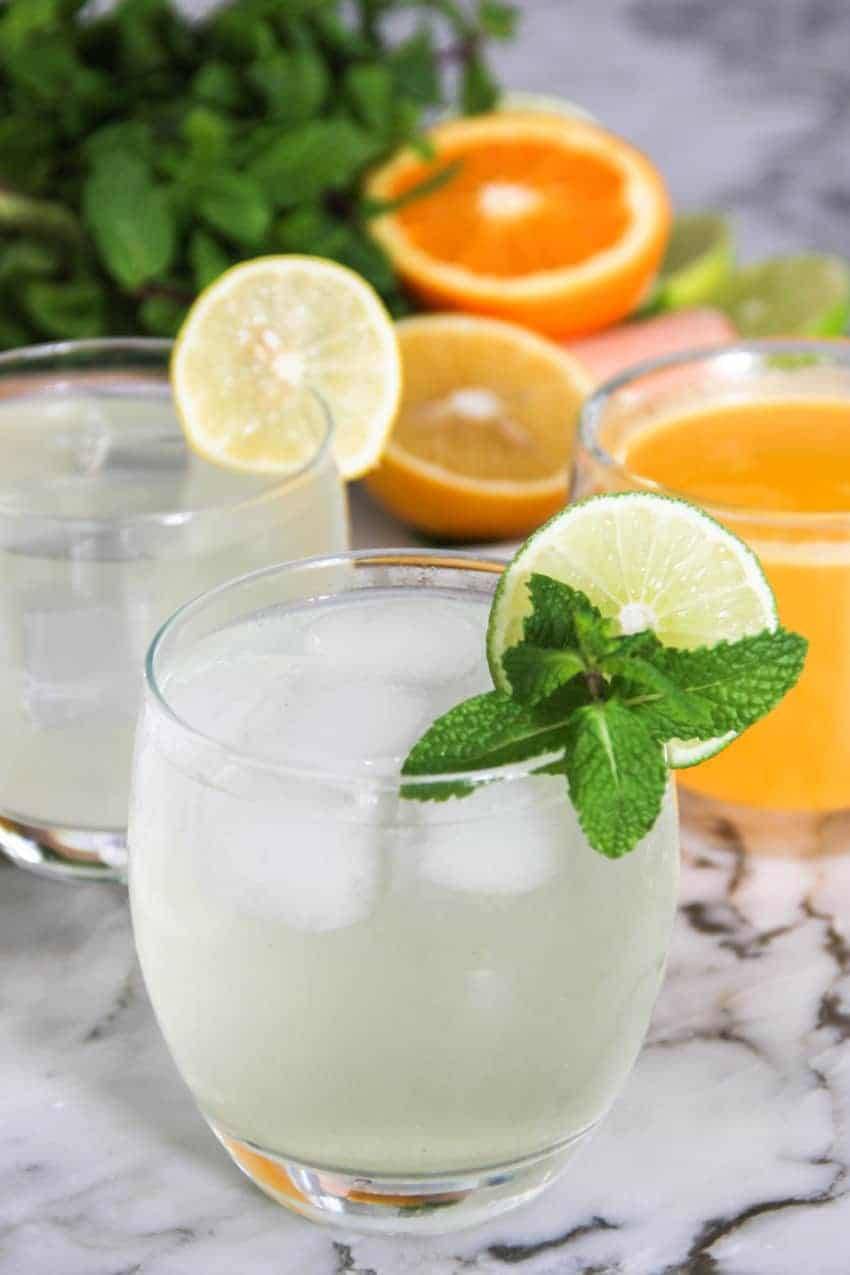Beyond Water: Unveiling the world of electrolyte drinks
We need adequate electrolytes from our diet to keep our body healthy

Dubai: Electrolyte drinks have exploded in popularity, lining supermarket shelves and promising to quench your thirst and optimize your workout. But are these brightly colored beverages truly a game-changer for hydration, or just a fad?
Common electrolytes include
- Calcium
- Chloride
- Magnesium
- Phosphorus
- Potassium
- Sodium
This feature story explores the world of electrolyte drinks, delving into their types, benefits, and when they might be your best hydration buddy.
What are Electrolyte
Electrolytes are minerals that play a vital role in various bodily functions, including muscle contractions, nerve impulses, and maintaining fluid balance. Some of the key electrolytes include sodium, potassium, calcium, magnesium, and chloride.
Our bodies naturally produce and absorb electrolytes through a balanced diet, but certain situations can lead to electrolyte imbalances.
Types of electrolyte drinks: Catering to different needs
The world of electrolyte drinks extends far beyond the brightly colored concoctions seen on store shelves. Here's a breakdown of some common types:
-
Sports Drinks: These are formulated for athletes and individuals engaged in strenuous exercise. They typically contain electrolytes like sodium and potassium, along with carbohydrates for quick energy.
-
Coconut Water: A natural source of electrolytes, particularly potassium, coconut water is a refreshing and hydrating option. However, it may be lower in sodium compared to some sports drinks.
-
Pedialyte: Primarily designed for children and adults experiencing dehydration due to illness or diarrhea, Pedialyte focuses on replenishing electrolytes and fluids.
-
Electrolyte Tablets: These offer a convenient and customizable way to add electrolytes to your water. They come in various formulations with different electrolyte ratios.
-
Homemade Electrolyte Drinks: For a budget-friendly and natural option, consider whipping up your electrolyte drink at home. Mix water with fresh fruit juice (for natural sugars and electrolytes), a pinch of salt, and a squeeze of lemon or lime.
Benefits of electrolyte drinks
-
Replenishing Electrolytes After Exercise: Sweating during exercise leads to electrolyte loss. Sports drinks can help replenish these lost electrolytes and aid in recovery.
-
Combating Dehydration: Illness, diarrhea, or excessive heat exposure can lead to dehydration. Electrolyte drinks, particularly Pedialyte, can help restore fluids and electrolytes lost through these conditions.
-
Preventing Hyponatremia: This condition, characterized by low sodium levels in the blood, can occur in endurance athletes or during excessive sweating. Electrolyte drinks with sodium can help prevent this.
A word of caution
While electrolyte drinks offer benefits, it's important to be mindful of
-
Sugar Content: Many store-bought electrolyte drinks are high in sugar. Opt for low-sugar or sugar-free varieties if managing sugar intake is a concern.
-
Overconsumption: Excessive intake of electrolytes, especially sodium, can lead to health problems. Consult a healthcare professional if unsure about your specific needs.
-
Not a Replacement for Water: Electrolyte drinks are not a substitute for water. Water remains the cornerstone of hydration, and electrolyte drinks should be used strategically.
Electrolytes – A valuable tool for hydration
Electrolyte drinks can be a valuable tool in your hydration toolbox. By understanding their benefits and choosing the right type for your needs, you can ensure your body has the electrolytes it needs to function optimally. Remember, a balanced diet and proper water intake remain crucial for overall electrolyte health. So, the next time you reach for a drink, consider the power of electrolytes and choose wisely!